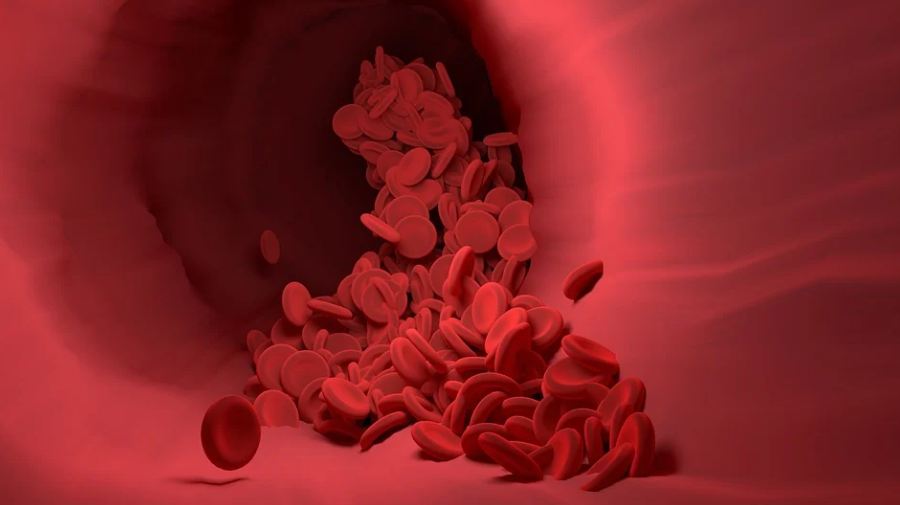Pinealon consists of only three amino acids and is a very short peptide. Since it may modify gene expression by interacting with DNA, this synthetic peptide is often referred to as a peptide bioregulator.
The Pinealon peptide has been shown to influence mouse behavior and protect several cell types, including neurons. Animal studies suggest that Pinealon’s effects on the pineal gland may remedy issues with learning and memory as well as medication metabolism and sleep difficulties.
Study results suggest it restores normal brain function by reducing peptide shortage and resuming protein synthesis inside cells. Researchers and doctors are now investigating the effects of Pinealon on the brain, particularly in memory loss, brain damage, attention problems, stroke, depression, insomnia, and neurodegenerative disorders, including Alzheimer’s and Parkinson’s. If you are a researcher, you can buy the peptides online, according to biotech peptides reviews.
Pinealon peptide: what is it?
Pinealon is a glutamyl-asparagine-arginine oligopeptide (Glu-Asp-Arg). Studies reveal that this substance has several anti-aging benefits and may slow aging. These studies demonstrate that it has an anabolic effect on the brain, reducing the aging process and improving cognitive abilities, including memory, concentration, and focus.
Animal studies have demonstrated that Pinealon also influences muscle cells, altering the production of irisin, the chemical that shields muscle cells during exercise and promotes weight loss. This protein reduces the adverse effects of oxidative stress, age, and weight gain by boosting Pinealon peptide levels. Pinealon has also been shown to have anti-aging effects.
The anti-aging properties of the peptide Pinealon are now being studied for their potential to protect against oxidative damage. Damage to healthy tissues in the body may be attributed to a process known as oxidation, which involves the chemical interaction of reactive oxygen species (free radicals) with those tissues. This wear and tear aid in the aging process.
Safeguarding the Brain
Pinealon has been shown to shield neurons from the damaging effects of oxidative stress in animal studies. Therefore, it safeguards not only cognitive abilities but also motor skills. The research found that this peptide reduced the buildup of oxygen species and the number of necrotic cells in the rats. This reduction means that Pinealon prevents the neurons from degenerating.
These results show that Pinealon can protect cells from ROS and reduce necrotic cell death. Pinealon, intriguingly, counteracts many of the adverse effects of reactive oxygen species by modulating the cell cycle by stimulating proliferative pathways.
Depression
There is evidence from studies of cerebral cortex cells that Pinealon may increase the expression of 5-tryptophan hydroxylase through epigenetic modifications. Serotonin, a neuroprotective and geroprotective peptide, requires the action of 5-tryptophan hydroxylase for its synthesis and release.
More evidence suggests that selective Serotonin reuptake inhibitors target the signaling molecule Pinealon (SSRIs). This process suggests that it may help treat mood and anxiety problems.
Restful Sleep
Pinealon also influences the sleep-wake cycle. There is preliminary evidence that Pinealon treatment may help normalize sleep patterns disrupted by various causes. Research in animals has also indicated that this helps with sleep, mood, blood pressure, and depression by resetting the pineal gland.
High blood pressure, cognitive decline, and heart problems are just some of the unfavorable aging impacts that have been linked to irregular sleep habits. A supplement called Pinealon has been shown to improve sleep patterns, which has slowed the aging process.
Insuring Heart Health
Caspase-3 is a crucial player in apoptosis in the nervous system and all tissues. Increased amounts of caspase-3 fragments in the blood after myocardial infarction have been shown in recent studies, indicating that enzyme control may aid in protecting heart tissue. Therefore, Pinealon may shield the heart and blood vessels after a cardiac event.
Pinealon has been linked to improved membrane rigidity in red blood cells and decreased lipid peroxidation. Pinealon has also been proved to reduce lipid peroxidation, reducing the risk of cardiovascular disease and heart attack.
